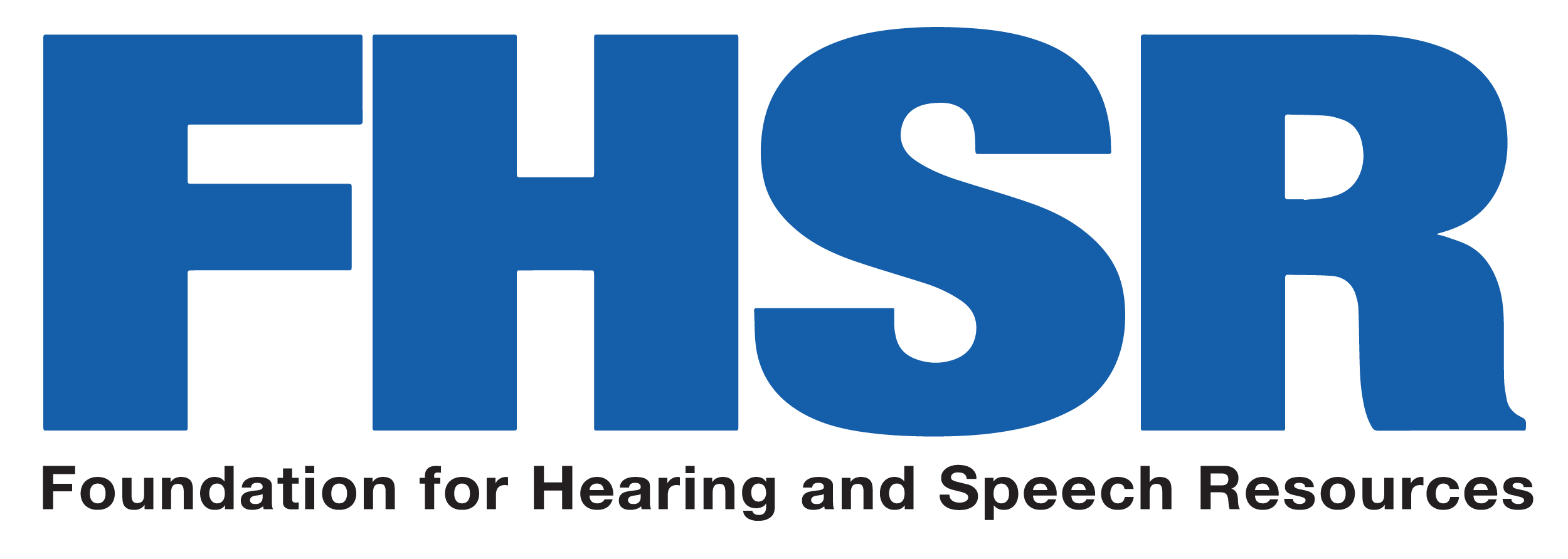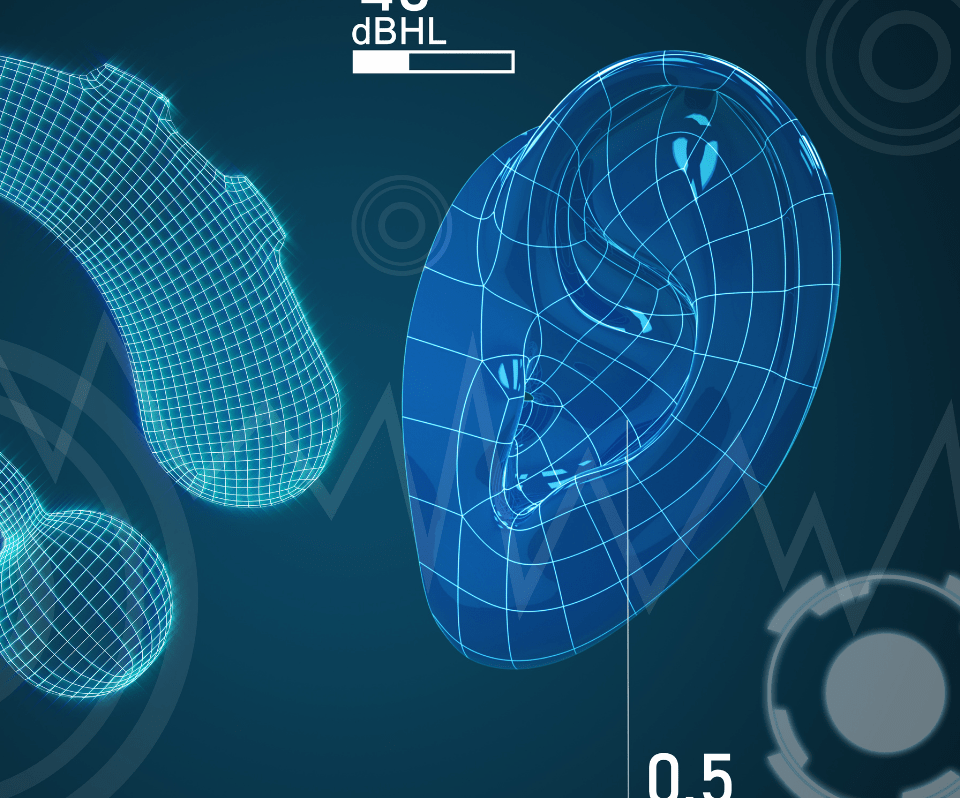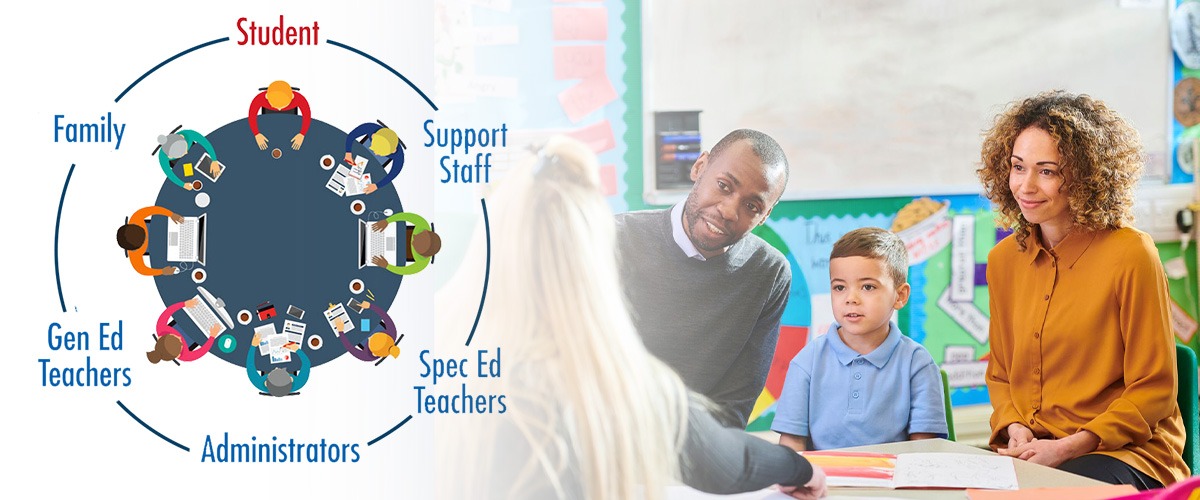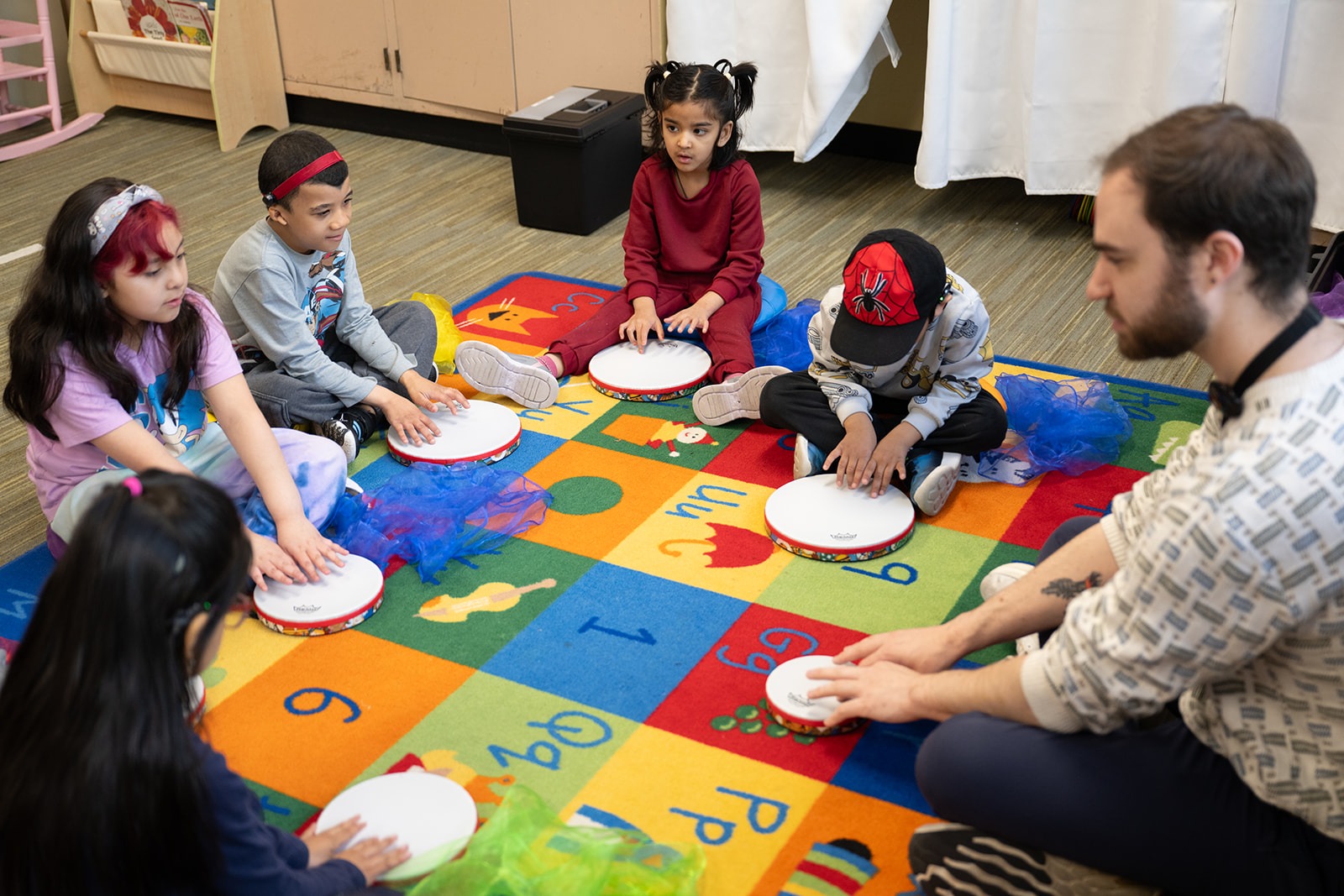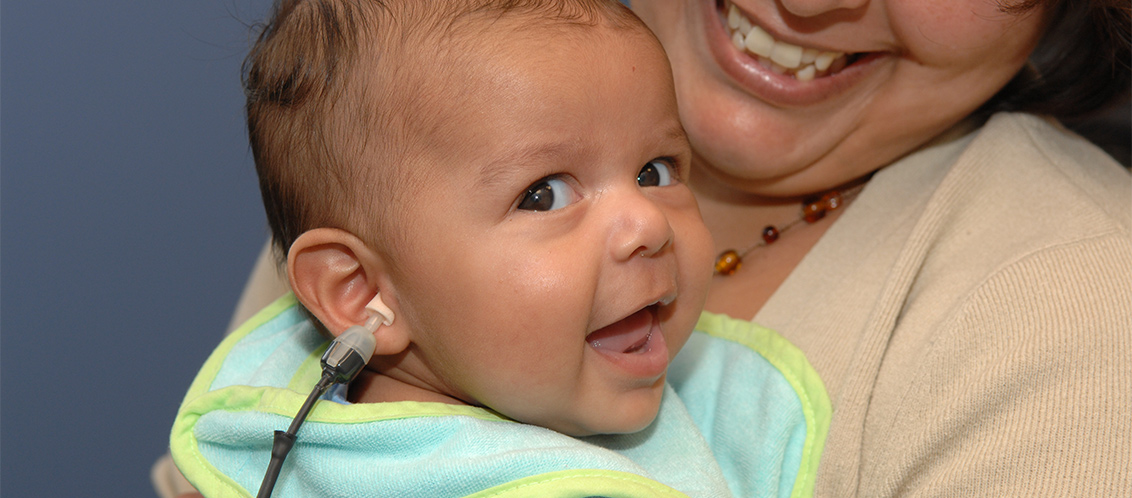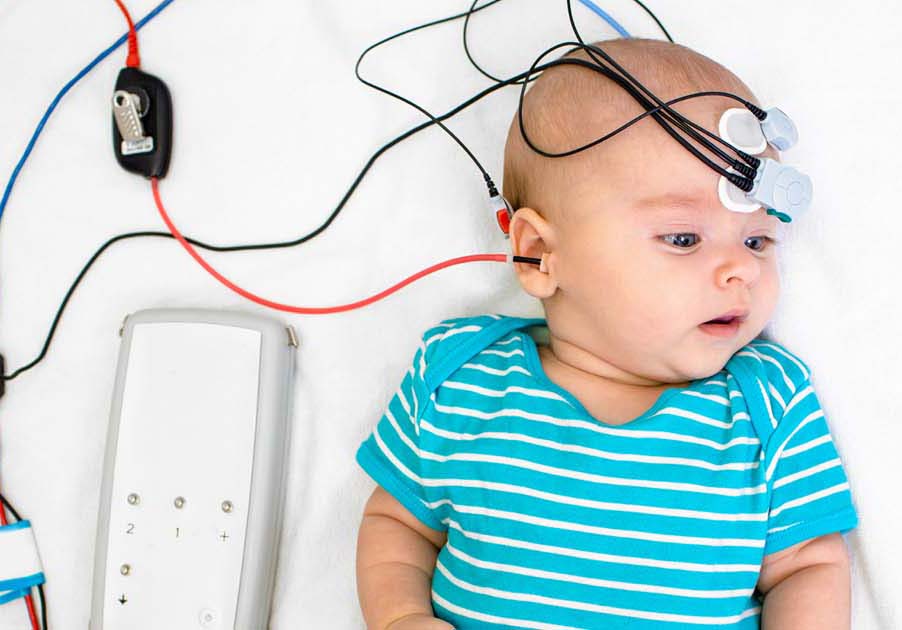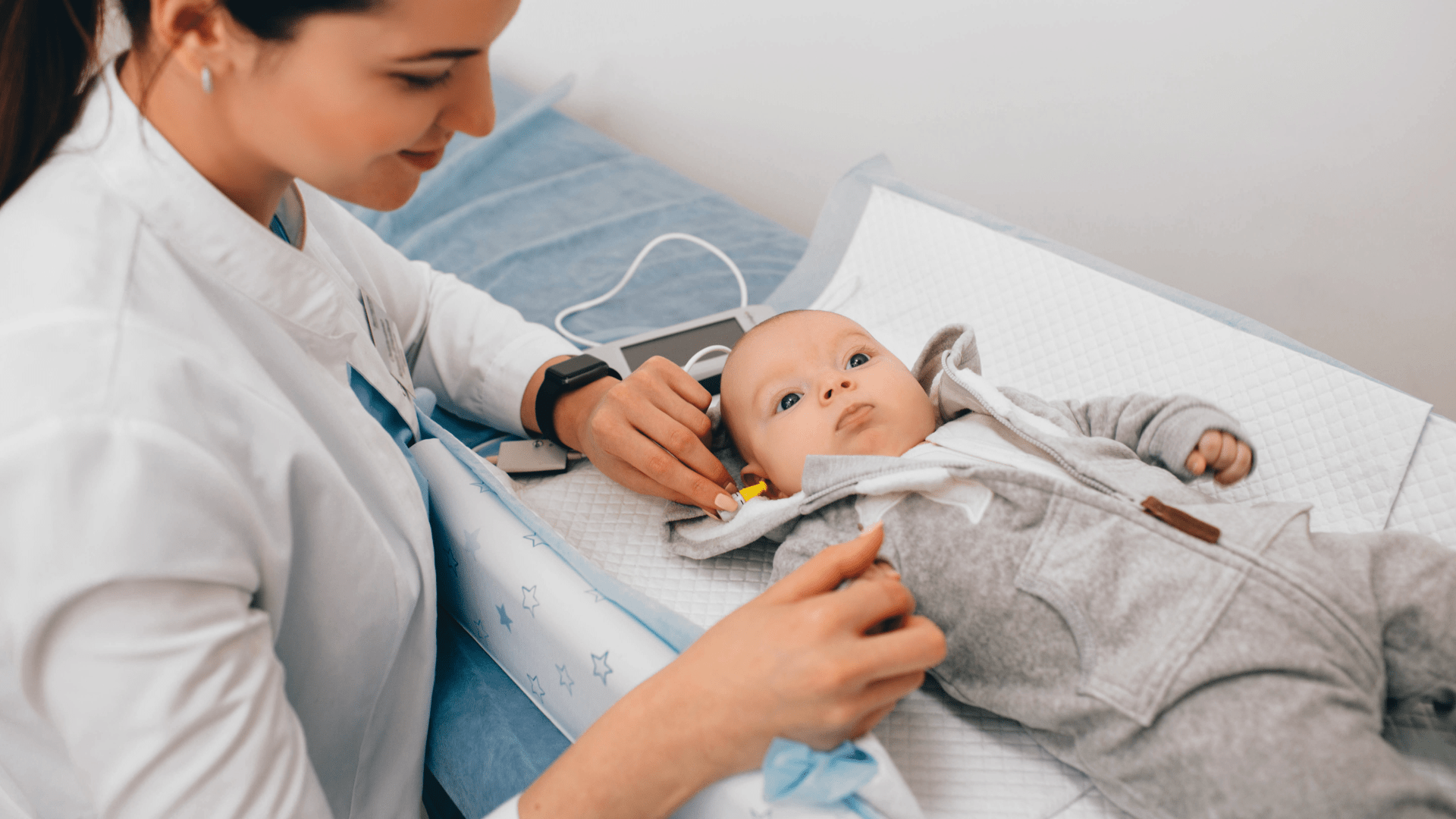PARENT RESOURCES
When your child is diagnosed with hearing loss, it can be a stressful time when you are inundated with new information. As parents, relatives and professionals who work with deaf/hard of hearing children, FHSR is uniquely aware of the challenges families face when a child has been identified as having hearing loss. For over 60 years, we have been dedicated to providing support to both the child and the family through our wrap around services.
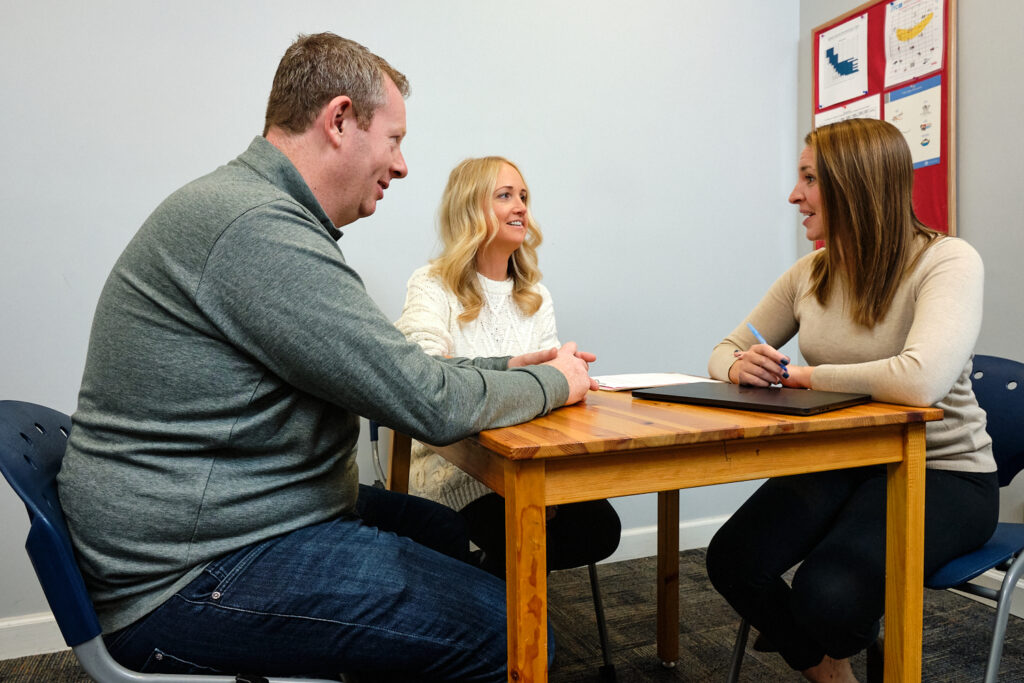
New Parent Resource Downloads Now Available!
Developed by Dr. Anna Tess our Education Coordinator, our Education Resources deliver valuable insights and information. All downloads are available in English and Spanish.
- The Parent Resource Guide has information about parent rights, the IEP process, accommodation and modifications for children with hearing loss and 504 plans.
- The Early Literacy Guide provides strategies and information to help you read with your child.
- Additional resources including Milestones and Deaf with Disability.
FHSR’s Education Coordinator sent us some helpful documents, including information about what to ask for in our IEP/504 plan. And she also answered all of our questions that we don’t have another place to get answered. If I had a friend with a child this age, with hearing loss, who had just gone through this, I would call and ask them, but I don’t have that – I have [FHSR].
– Leigh-Ann is the mother of a young son with hearing loss.

1.3.6 Awareness Campaign for babies who do not pass their hearing screening test
One key test that happens the day after your baby is born in Illinois is the Newborn Hearing Screening. A nurse will come and take the baby for a painless test to determine if the child has any hearing loss. This test is the first step on a child’s hearing journey. Some babies don’t pass this exam. This means they need to be tested again to determine if the hearing loss is something that will resolve itself on its own or if intervention is necessary. In fact, close to 90% of all babies who fail their Newborn Hearing Screening will pass when they are re-tested. For the other 10% not passing could mean your baby has some level of hearing loss.
The second follow up screening is crucial to determine if your baby has hearing loss
Empty heading
Empty headingAGES AND STAGES
The Ages and Stages resources were developed by parents for parents, alongside experts in hearing loss, audiology, music therapy and speech/language therapy. Ages and Stages offers resources and a “roadmap” for each stage in your child’s development, from birth through high school graduation.

EXPLORE OUR UNIQUE PROGRAMMING
FHSR offers programs to meet the educational, clinical, and social needs of our children.
FHSR music programming encompasses tuition-free enrichment classes, individual instrument lessons, school-based curriculums and music therapy all working in tandem to give a deaf or hard of hearing child every opportunity for a successful music journey.
The overarching goal of FHSR is to create a community for families in Illinois who have children with hearing loss. Both the Board of Directors and the Associate Board are highly involved in finding interesting and unique ways to bring this group together.
We work to create and fund unique education programs that help parents at each age & stage of their deaf or hard of hearing (DHH) child’s life. Literacy is the cornerstone of a deaf or hard of hearing child’s successful school experience.
PARENT SERVICES & ORGANIZATIONS
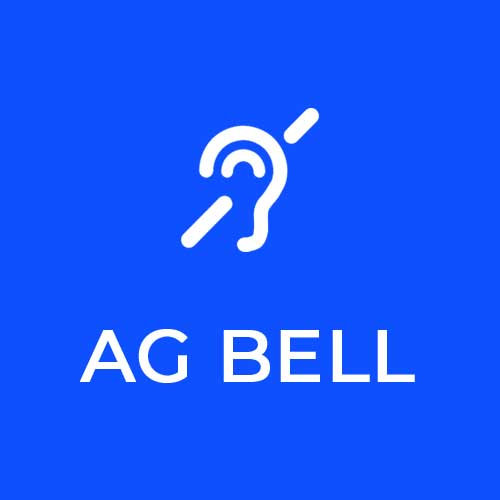
ALEXANDER GRAHAM BELL ASSOCIATION FOR THE DEAF AND HARD OF HEARING (AGBell)
ALEXANDER GRAHAM BELL ASSOCIATION FOR THE DEAF AND HARD OF
HEARING (AGBell) is another organization designed to support families of children and adults who are deaf. AGBell works as a resource, support network, and advocate for listening, learning, talking and living independently with hearing loss. Through publications, events, outreach, training, scholarships and financial aid, AG Bell promotes the use of spoken language and hearing technology. For more information, you can email them at info@agbell or visit their website.
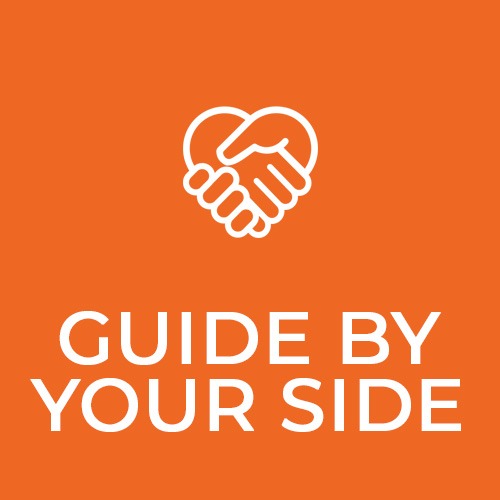
GUIDE BY YOUR SIDE
GUIDE BY YOUR SIDE, a program of IL Hands & Voices, offers parent-to-parent emotional support statewide. Parents of children who are deaf and hard of hearing have been trained to provide unbiased support and resources, and to mentor other parents whose children have been identified as having a hearing loss. To request free support from a trained Parent Guide, please call 224-343-1873 or email ilhvgbys@gmail.com.
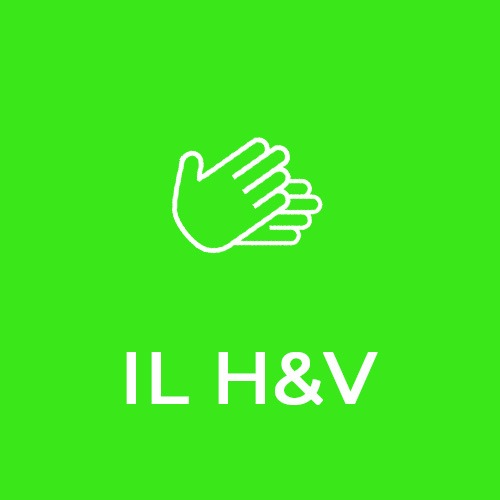
ILLINOIS HANDS AND VOICES (IL H&V)
ILLINOIS HANDS AND VOICES (IL H&V) is a statewide parent organization for families of children with hearing loss. IL H&V provides families with resources, networking opportunities, and information regardless of the communication mode they have chosen. Ongoing parent-to-parent dialogue is a highly desirable and effective support provided through IL H&V. www.ilhandsandvoices.org.
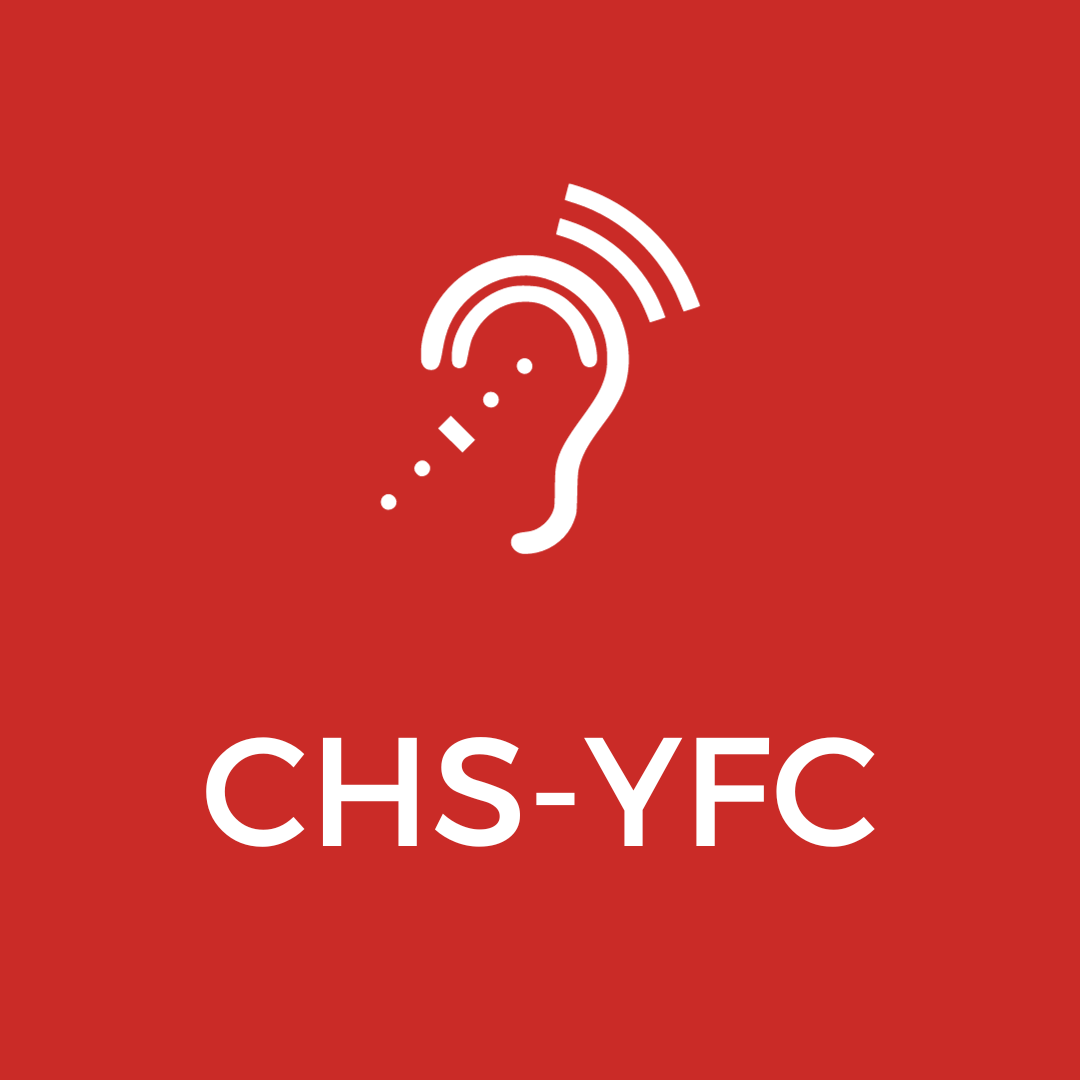
CHS Youth and Family Services
CHS Youth and Family Connections (YFC), is a statewide coalition of parents and professionals that provide information, resources, advocacy and support to parents whose children have a hearing loss. YFC supports families from diagnosis through early intervention, school placement and transitions – assisting families when needed. Services are offered at home, in school, and in the community. CHS offers a free Connections Resource Notebook for information on a range of topics connected to deafness including audiology, early intervention, education, literacy, communication, and Deaf culture.
Visit www.chicagohearingsociety.org for more information.
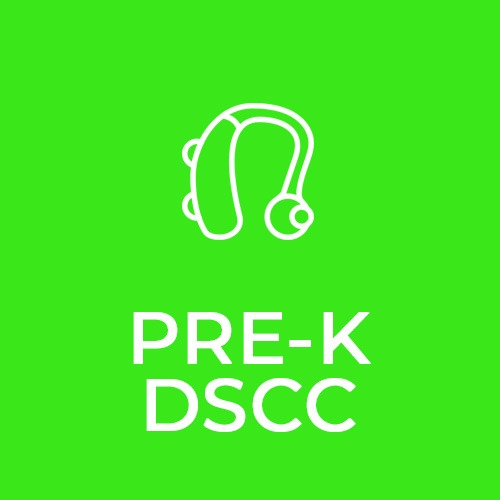
INSTITUTE FOR PARENTS OF PRESCHOOL CHILDREN WHO ARE DEAF OR HARD OF HEARING
INSTITUTE FOR PARENTS OF PRESCHOOL CHILDREN WHO ARE DEAF OR
HARD OF HEARING is a week-long educational program for parents of children under the age of five who are deaf or hard of hearing. The Institute is held in June on the campus of the Illinois School for the Deaf. The Institute is an opportunity for parents to learn more about deafness and to learn about their child’s individual strengths and needs. It may be a first opportunity for some parents to meet face to face with other parents who have children who are deaf and to share common concerns and feelings. Families sign up through the
DIVISION OF SPECIALIZED CARE FOR CHILDREN (DSCC). DSCC provides care coordination, information provision, and referral for any children with eligible medical conditions, not limited to hearing loss. DSCC also provides financial assistance for families who are eligible. DSCC can help families obtain hearing aids, cochlear implants, ENT (Ear Nose Throat) care, medications, educational services and other community resources that may be beneficial to families. DSCC can be contacted at (800) 322-3722. Regional Office information can be obtained from their website: http://dscc.uic.edu/.
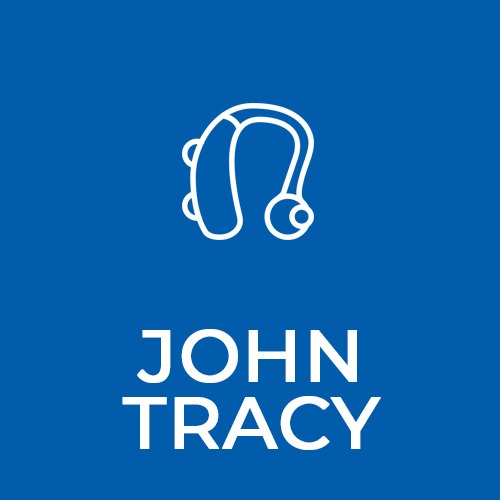
JOHN TRACY CLINIC
The JOHN TRACY CLINIC also offers free Correspondence Courses for parents of deaf and hard of hearing babies and preschoolers, as well as for parents of young deaf-blind children.
These classes are available by mail and email through John Tracy Clinic’s Correspondence Program. Building a language-rich environment, auditory learning, and speech and child development are some of the topics covered. More information is available at: click here
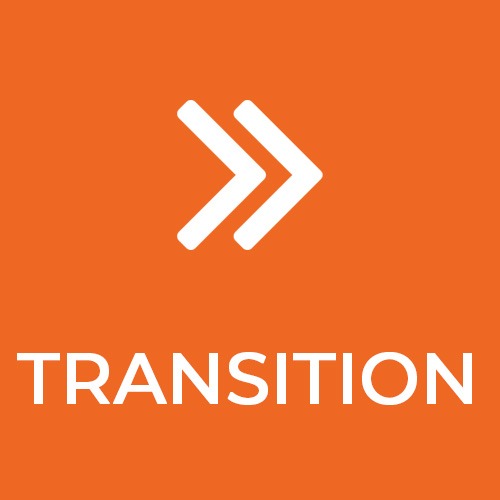
TRANSITION
Throughout the transition process you will have the opportunity to talk with your EI team about what to expect, the differences in services and service delivery, how to prepare your child for the transition, etc.
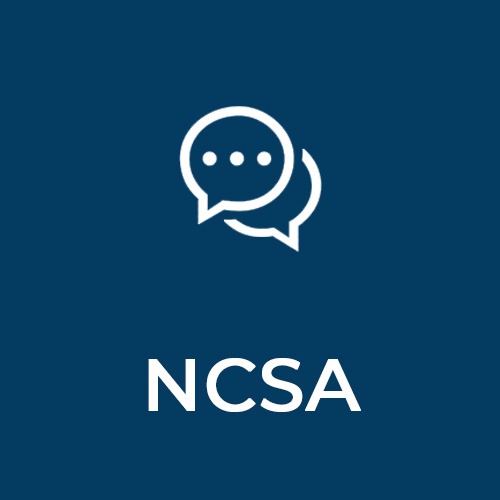
NATIONAL CUED SPEECH ASSOCIATION (NCSA)
NATIONAL CUED SPEECH ASSOCIATION (NCSA) provides support to families interested in using Cued Speech/Cued English as part of their communication. The NCSA supports effective communication, language development and literacy in families with deaf, hard of hearing, or learning disabled infants, children and youth through the use of Cued Speech. They support several annual family camps and other related events to learn Cued Speech/Cued English.
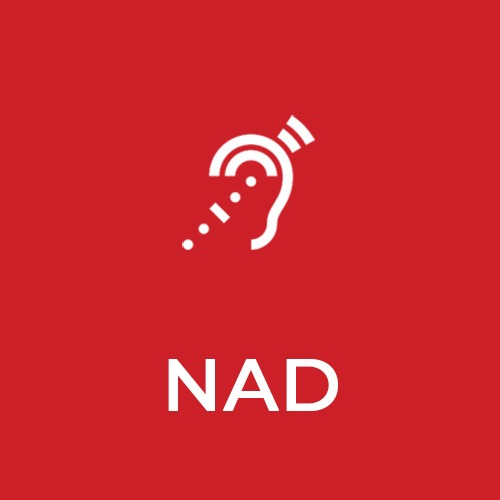
NATIONAL ASSOCIATION OF THE DEAF (NAD)
NATIONAL ASSOCIATION OF THE DEAF (NAD) is the nation’s premier civil rights organization of, by and for deaf and hard of hearing individuals in the United States. The NAD was shaped by deaf leaders who believed in the right of the American deaf community to use sign language and has developed an Education Advocate program to address current concerns regarding quality education and appropriate language acquisition for deaf and hard of hearing children. https://www.nad.org
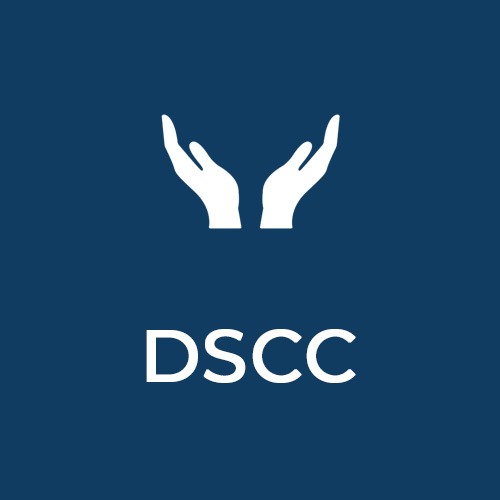
DIVISION OF SPECIALIZED CARE FOR CHILDREN (DSCC)
DIVISION OF SPECIALIZED CARE FOR CHILDREN (DSCC). DSCC provides care coordination, information provision, and referral for any children with eligible medical conditions, not limited to hearing loss. DSCC also provides financial assistance for families who are eligible. DSCC can help families obtain hearing aids, cochlear implants, ENT (Ear Nose Throat) care, medications, educational services and other community resources that may be beneficial to families. DSCC can be contacted at (800) 322-3722. Regional Office information can be obtained from their website: http://dscc.uic.edu/.
HELPFUL LINKS
Manufacturers
BE A PART OF IT ALL.
Give the gift of hearing.
Every contribution to FHSR helps improve the lives of deaf and hard of hearing children.
We hope you will consider making a gift to support these children. Thank you!

